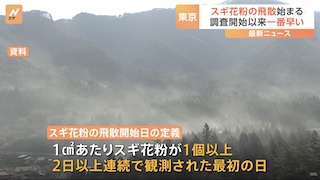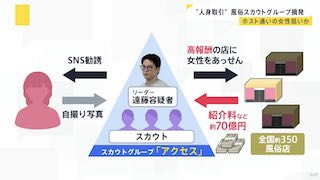Apr 20 (indianexpress.com) - Japan is in the midst of en masse hiring season, when a wave of college graduates join companies in formal ceremonies after sweating through the job-interview gantlet.
While this year’s ritual has a different look, with COVID-19 forcing many companies to scale back or go online, the goal has long been the same: to kick off what was often a lifetime devoted to one company. In exchange for long hours, personal sacrifices and a prescribed career path, employees would receive job security, a salary and status that rise with age, and the honor of contributing to corporate glory.
But this model that undergirded Japan’s economic rise is slowly eroding. Employers have been whittling away at the system for years, arguing that greater flexibility will improve competitiveness. And now, with the pandemic, pressure is building from the other side: Working from home, people have had more time to rethink their careers and lives. Many want a change.
For some, the objective is more say on when and where they work, as well as more autonomy and control over their careers. “Ikigai,” or purpose for living, has become a buzzword. Many people are prioritizing family, while others are seeking side jobs that better match their interests, something frowned upon by companies until recently.
Although Japan isn’t yet experiencing a U.S.-style “Great Resignation,” a growing number of workers are considering switching jobs — nearly 9 million, government data show. And some are jumping ship, a risky and somewhat unusual step in Japan, especially for those in their 40s, 50s and 60s with stable jobs and families that rely on them.
Among young employees, the percentage who quit jobs at major companies within three years has risen to 26.5% from 20.5% eight years ago, according to a study by the Recruit Works Institute, a research group.
Some people are even leaving Japan’s congested cities for outlying areas. In a first since 1996, the population of Tokyo prefecture declined last year, to just under 14 million, a drop experts attributed in part to the shift to remote work.















